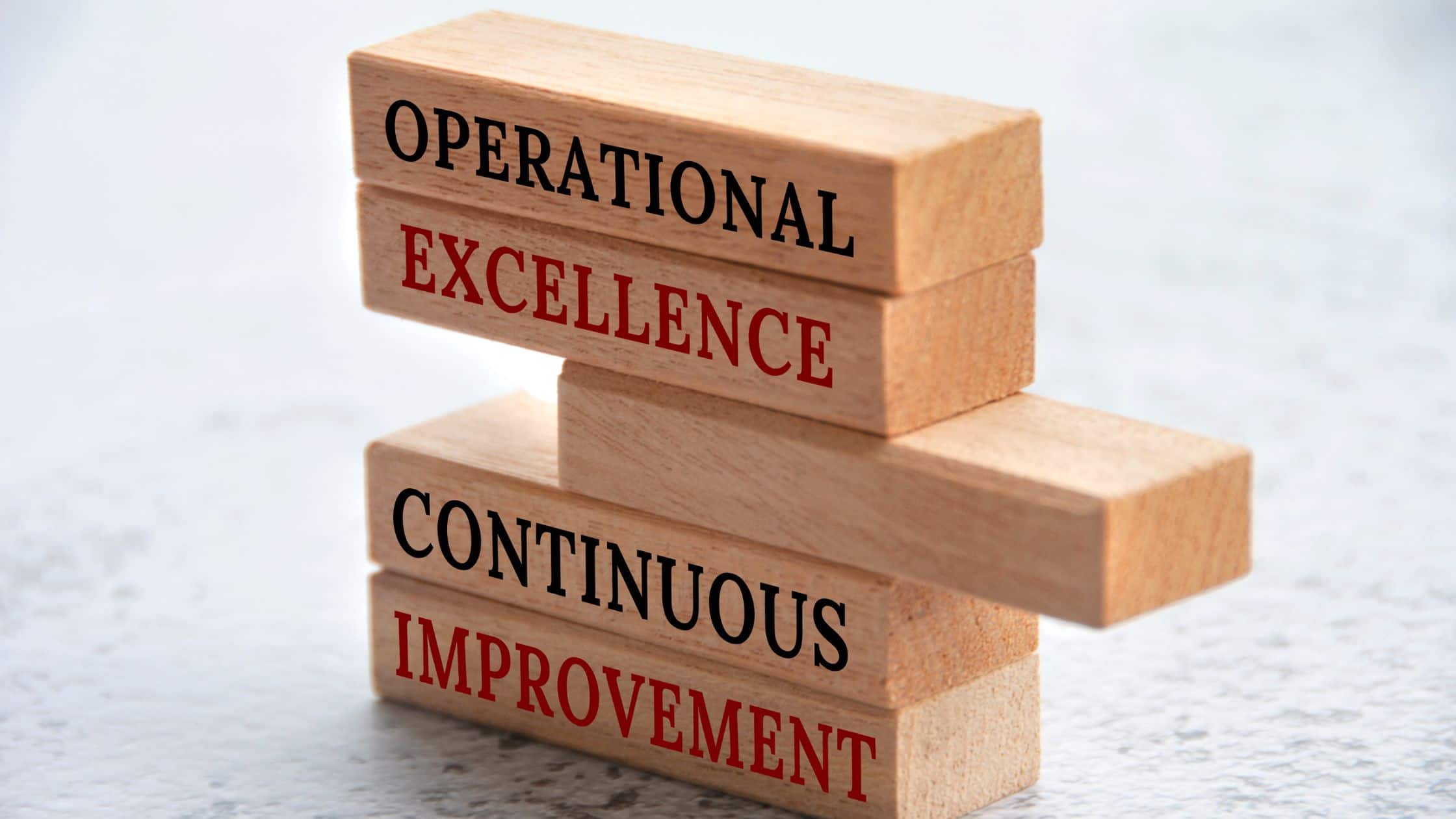Pursuing excellence is not just a goal; it’s a mindset. Creating a mindset of excellence in teams is not a destination; it’s a continuous journey. But what exactly is excellence? It’s the relentless commitment to improvement, not just in outcomes, but in the processes and people that drive them.
Creating a mindset of excellence is an ongoing process that requires continuous learning, adapting, and growing. It’s about setting high standards and striving to surpass them through collective effort and individual dedication.
For leaders, instilling a mindset of excellence in their teams is crucial. It’s about fostering an environment where excellence is not just expected but enthusiastically pursued. This journey toward a mindset of excellence is paved with a willingness to try new things, learn from every outcome, embrace failure, and evolve as a team through those shared experiences.
Six Examples of Organizational Excellence in Action:
Certain organizations stand out as paragons in the quest for a mindset of excellence, setting benchmarks in their respective industries.
- Apple Inc.: Apple’s culture of innovation and commitment to design excellence has consistently set new standards in technology. Their focus on user experience and aesthetic design, along with a relentless drive for technological advancement, exemplifies their pursuit of excellence.
- Toyota Motor Corporation: Toyota is renowned for its Toyota Production System, a testament to operational excellence. Their approach to continuous improvement (Kaizen), efficiency, and deep respect for employees showcase how to weave excellence into the fabric of an organization’s culture.
- Google (Alphabet Inc.): Google’s unyielding commitment to innovation and technical excellence has made it a leader in the tech industry. Their work environment, which encourages creativity and collaboration, is a prime example of fostering a culture of excellence.
- Amazon.com, Inc.: Amazon’s pursuit of excellence is evident in its customer-centric approach. Their relentless focus on customer service and innovation in logistics and technology demonstrates how a relentless pursuit of operational and service excellence can drive business success.
- Wynn Resorts: Wynn Resorts stands out for its dedication to service excellence in the hospitality industry. Their attention to detail, luxury experiences, and exceptional customer service standards highlight how excellence can be a crucial differentiator in service-oriented industries.
- Disney: The Walt Disney Company’s commitment to excellence is reflected in its ability to deliver magical experiences consistently. Their focus on storytelling, employee engagement, and customer experience across theme parks and entertainment showcases their holistic approach to excellence.
These organizations, each in their unique way, illustrate that the journey towards a mindset of excellence is about setting and surpassing high standards, a commitment to continuous improvement, and a deep understanding of the value of people and processes in achieving outstanding results.
Seven Ways Leaders Inspire Excellence
Here are seven ways leaders can inspire their teams to embrace a mindset of excellence:
1. Set Clear, Ambitious Goals
Define what excellence means for your team. Set high standards and clear objectives that challenge and inspire. Leaders create a mindset of excellence by regularly setting and reviewing goals to ensure they align with individual abilities and team capabilities.
2. Lead by Example
Demonstrate your commitment to excellence in your actions because it cultivates a culture of responsibility and high standards. Leaders create a mindset of excellence by role modeling continuous learning and improvement for their team. Consistently show dedication, punctuality, and commitment to quality in your work.
3. Foster a Learning Environment
Encourage your team to seek knowledge, learn new skills, and stay abreast of industry trends. Fostering a learning environment promotes ongoing improvement and adaptation to change. Leaders craft a mindset of excellence in their team by providing learning resources, hosting training sessions, and encouraging knowledge sharing.
4. Embrace and Learn from Failures
Cultivate a culture where mistakes are seen as opportunities to learn and grow because it builds resilience and encourages innovation without the fear of failure. Leaders create a mindset of excellence in their teams by conducting post-mortem analyses on projects to extract lessons, not to assign blame. For example, when an outcome falls short of expectations, hold a reflective session to gather insights for the future.
5. Encourage Collaboration and Communication
Promote an environment where team members feel valued and their ideas are heard because collaboration and communication enhance problem-solving capabilities and leverage diverse perspectives. Leaders create a mindset of excellence by implementing collaborative platforms and regular team meetings to facilitate idea exchange. For example, host weekly brainstorming meetings where team members from different departments share ideas and solutions.
6. Recognize and Reward Excellence
Acknowledge achievements and celebrate successes, reinforcing the value of high standards because it motivates the team to continue pursuing excellence and reinforces positive behavior. Create a mindset of excellence by implementing a recognition program that highlights individual and team contributions.
7. Promote Flexibility and Adaptability
Encourage your team to be open to change and adaptable to new challenges because it fosters a dynamic and resilient team capable of navigating uncertainty. Encourage experimentation with new methods and adjust strategies in response to feedback.
Incorporating these strategies within a team not only creates a mindset of excellence but also drives sustainable growth and success. When effectively implemented, each strategy can transform how a team operates and excels.
As leaders, you can create a ripple effect of excellence. Start by implementing these seven strategies in your team. Encourage your colleagues to do the same. By creating a culture that values continuous improvement and a mindset of excellence, you’ll achieve better results, and even more, you will foster a more fulfilling and dynamic work environment.
Remember, the journey toward creating a mindset of excellence in your team is ongoing. Therefore, you must constantly evolve and push the boundaries of what’s possible. Let’s embrace this journey together and create a legacy of excellence.


